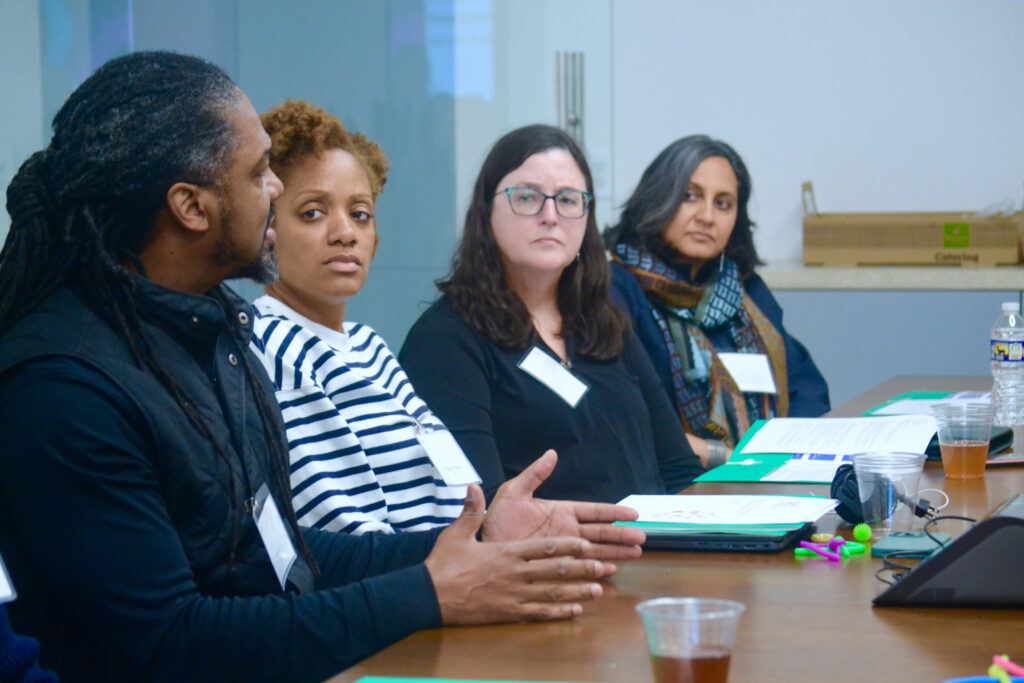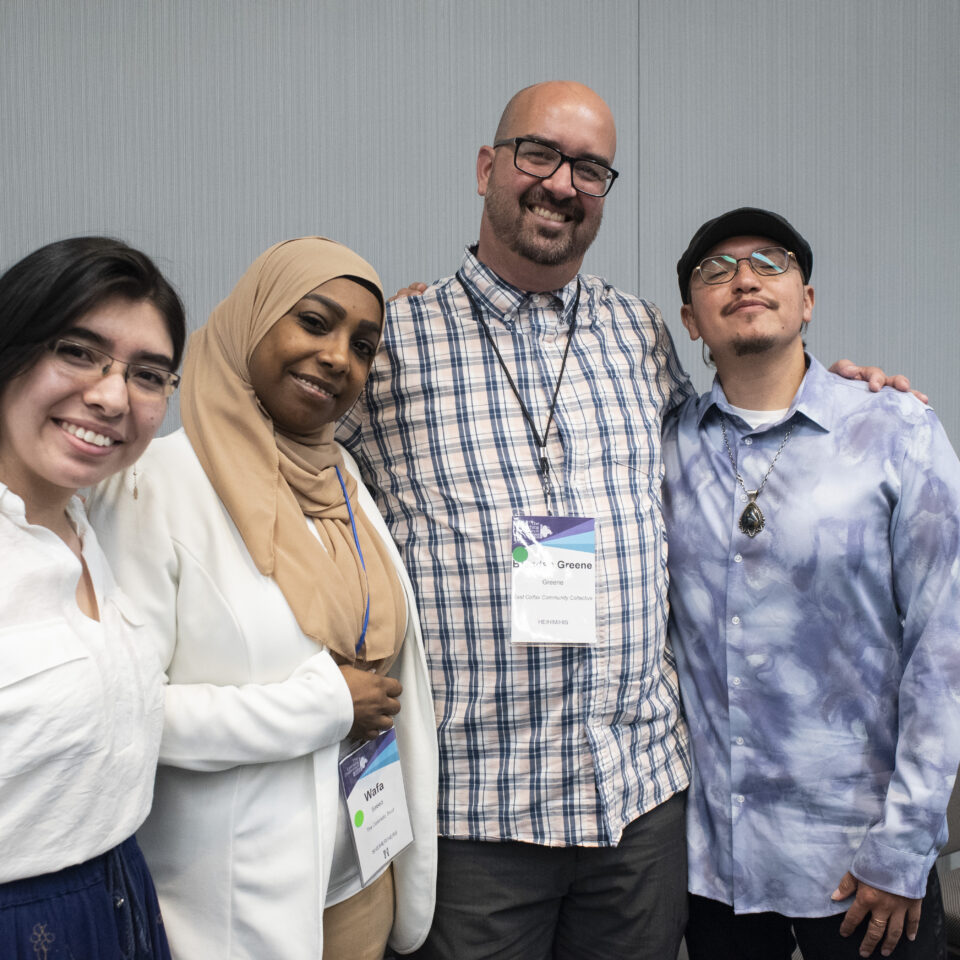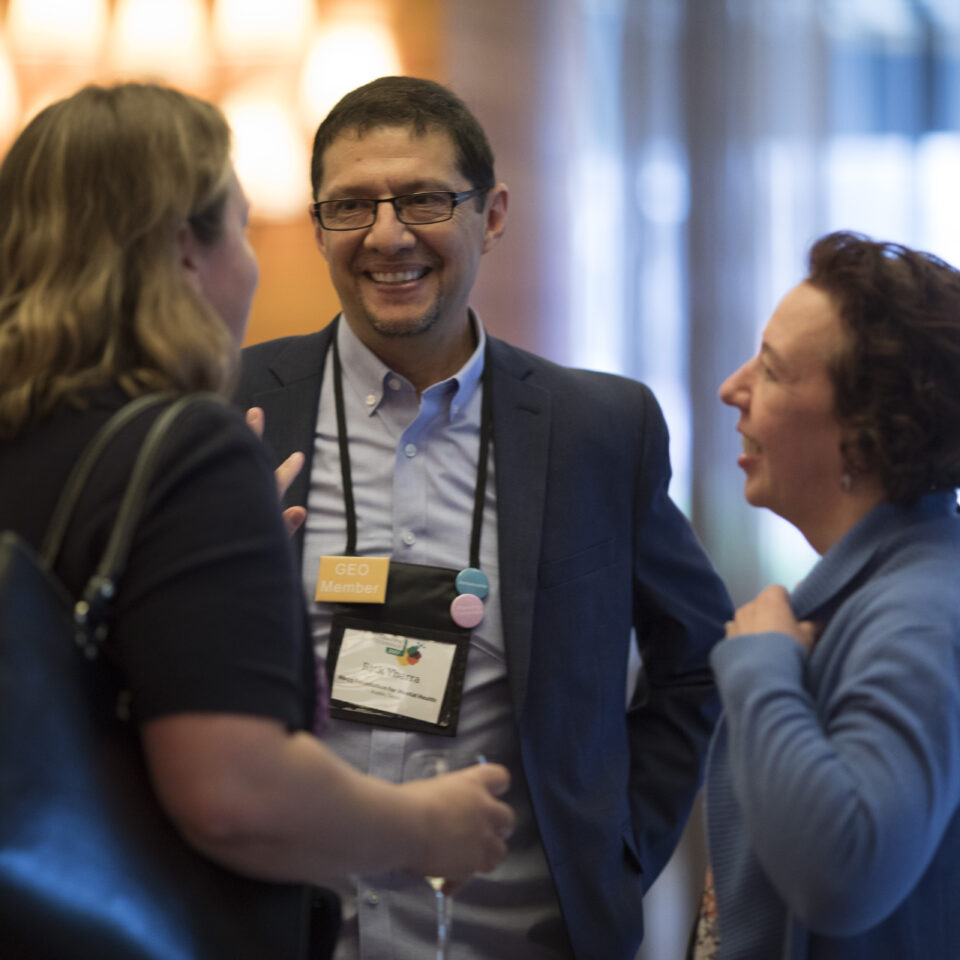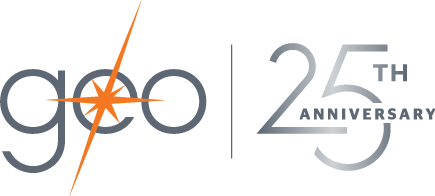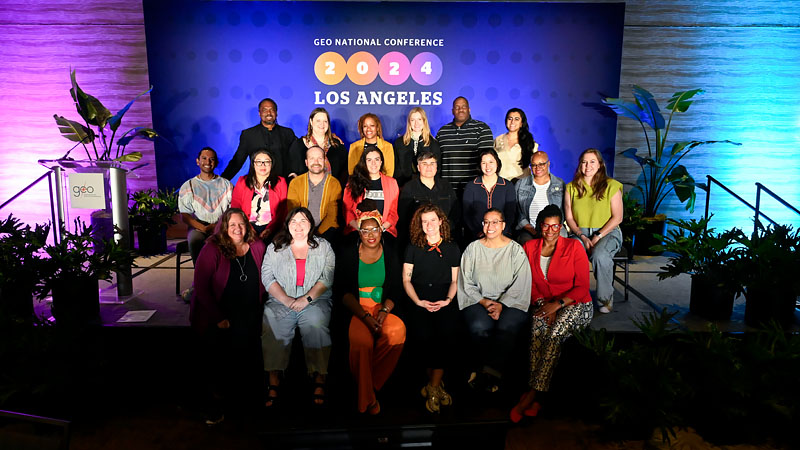Love
We reclaim philanthropy as expressing love for all of humanity by building a culture that centers voices and experiences that have traditionally been exploited, invisibilized and othered. This reclamation of philanthropic culture is grounded in care, self-expression and celebration.

